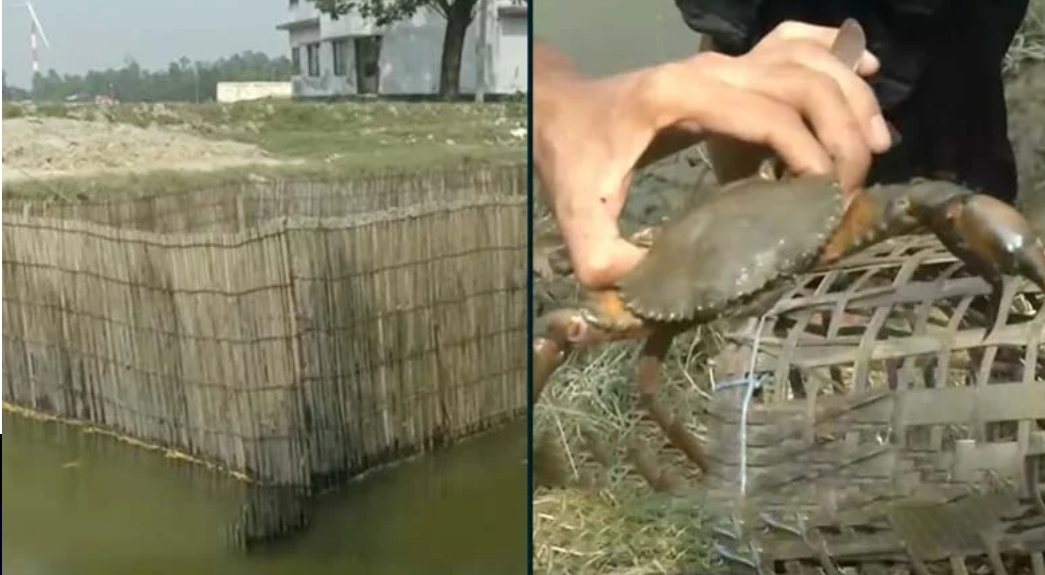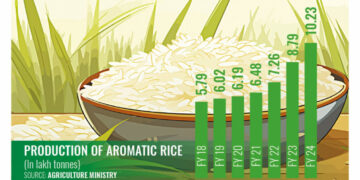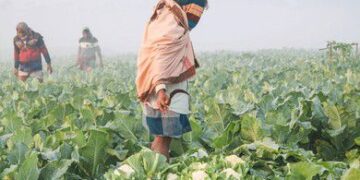Crab farming has traditionally relied on natural sources from coastal waters for hatchlings, which has had adverse effects on the environment. However, that landscape is changing. Now, hatcheries are producing both crab larvae and feed, bringing joy to farmers and cultivators. They express optimism about reduced costs and increased profits. Researchers believe this innovation will play a significant role in the blue economy. Crab farming has been becoming more and more popular in the nation for a number of years. Hatchlings are now directly available from hatcheries, which are produced by more than a hundred farmers in Satkhira and Cox’s Bazar. Previously, they were gathered from natural coastal sources. One farmer mentioned, “The way this method has been taught to us, I believe it’s possible to double our profits in crab farming.” Another added, “I am making significant profits with this approach, something I never experienced before; there was no interest in these practices previously.” Dr. Abdullah Al Mamun of Noakhali Science and Technology University has invented the technology for hatcheries to produce crab larvae and feed. In the future, he hopes to improve commercial farming through integrated projects. Dr. Al Mamun stated, “If farmers wish, they can harvest crabs or fish year-round from here. An integrated approach to crab farming is essential, and I am eager to lead that initiative.” This research is being funded by the Sustainable Coastal Marine Fisheries Project of the Fisheries Department, which aims to bring revolutionary changes to the economy while maintaining environmental balance. Dr. Muhammad Ismail, Vice-Chancellor of Noakhali Science and Technology University, remarked, “If this can be made more sustainable, Bangladesh will reach new heights in crab farming and exports.” Zia Haider Chowdhury, Project Director of the Sustainable Coastal Marine Fisheries, expressed hope that if we can ensure food and larvae supply for crab farming, its popularity will continue to grow. Currently, the country produces 13,000 Tonnes of crabs annually, and researchers believe that increasing this amount could serve as a milestone in the advancement of the blue economy.
Source: Channel 24












